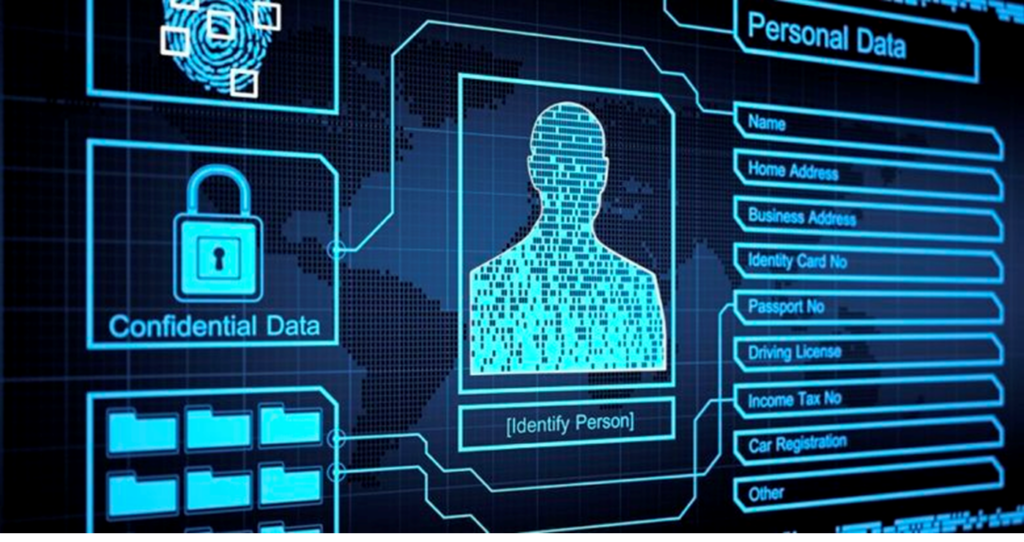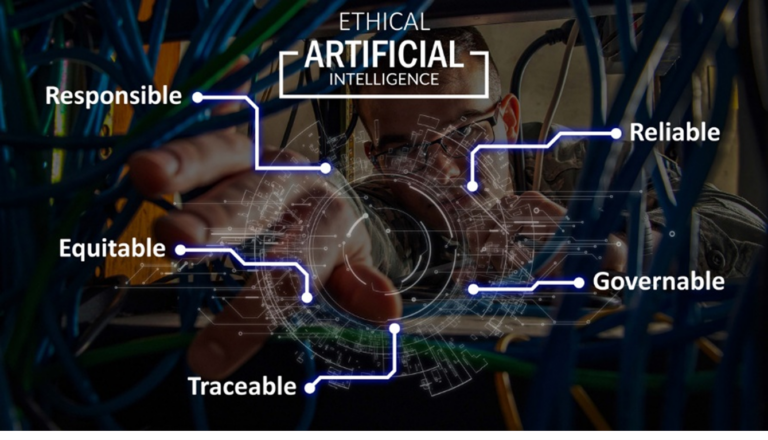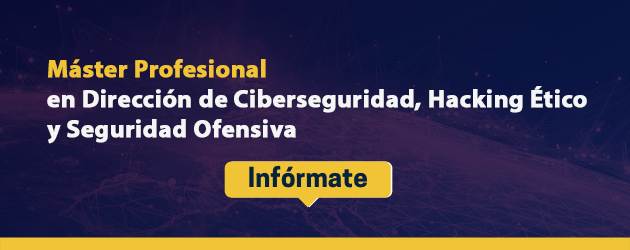Artificial intelligence (AI) in cybersecurity is revolutionizing how threats are detected, prevented, and responded to.
In an increasingly digital world, AI has become a key tool for protecting our systems, anticipating threats, and automating processes. But it also poses new challenges in terms of personal data protection and regulatory compliance.

How does AI help in cybersecurity?
1. AI that detects threats before they occur
AI systems can analyze millions of events in real time (logs, network traffic, user behavior) and detect anomalous patterns that could indicate an attack before it materializes. This is called proactive detection and is key in systems like advanced SIEMs.
2. AI that learns from the attacker
Some systems use adversarial machine learning, where AI is trained on data from real and simulated attacks. This allows it to anticipate hackers' moves and adapt its defenses accordingly. It's like having a "cyber spy" that thinks like the attacker.
3. Deepfake and smart phishing
AI is also used for malicious purposes. Attackers can generate deepfakes of voice or video to deceive employees, or use it to create hyper-personalized phishing emails that appear legitimate. That's why awareness and defensive AI are more important than ever.
4. AI in digital forensics
After an incident, AI can help reconstruct what happened by analyzing logs, access history, modified files, and more. This speeds up forensic analysis and improves incident response.
5. Zero Trust with AI
The Zero Trust security model is based on trusting nothing by default. AI helps implement this by continuously analyzing user and device behavior and dynamically adjusting permissions.

And what about data protection?
AI can also be an ally in complying with the General Data Protection Regulation (GDPR) and other regulations:
- Automatic classification of personal data.
- Risk assessment in data processing.
- Assisted generation of impact reports (DPIA).
- Detection of leaks or unauthorized access.
AI can also pose a risk if it is not managed properly. For example, if a model processes personal data without a legal basis, or if its decisions are not explained (lack of transparency).
The fundamental tool is education and training.
At the International School of Postgraduate Studies (EIP) we offer various programs to help achieve this balance, including the following: Professional Master in Data Protection Audit, Risk Management and Cyber Compliance, Professional Master in Cybersecurity Management, Ethical Hacking and Offensive Security, and the Master in Artificial Intelligence.
The integration of AI into cybersecurity not only improves threat detection but also drives technological innovation in the sector. According to the National Cybersecurity Institute (INCIBE), Companies that implement AI solutions achieve greater efficiency in preventing and responding to complex cyberattacks.
Conclusion: Your career in cybersecurity starts today
The current technology It has redefined how we understand security. Today, protecting digital infrastructure is as important as securing physical borders. It is not only a booming professional field, but also an ethical commitment to society.
Investing in AI training means preparing to adapt to the future, facing trends that evolve daily. It's not just about learning techniques, but about becoming a leader capable of anticipating, responding to, and protecting what is most valuable: the social, economic, and political stability of a hyperconnected world.
👉 The time to act is now. Your future in cybersecurity and AI starts today.
Master's degree in artificial intelligence
Master's degree in cybersecurity





































